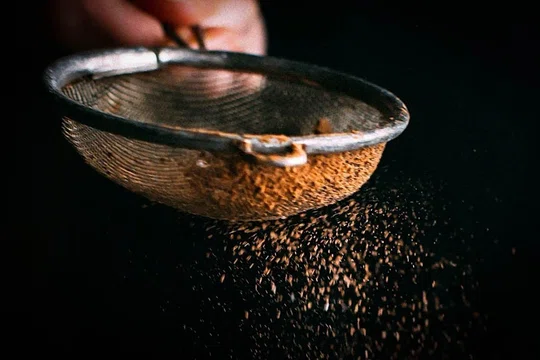Judge Burke's exacting standards regarding the sufficiency of pleadings in a patent case were on display in a recent R&R, in which he recommended dismissing indirect and willful infringement claims. This ruling demonstrates that although plaintiffs are not required to prove their case as the pleading stage, they are well advised to bolster their complaint with allegations that link the elements of their claims to specific facts.
The key passages of the 24-page R&R in Midwest Energy Emissions Corp. v. Vistra Energy Corp., C.A. No. 19-1334-RGA-CJB concern what makes an infringement claim "plausible" under the Twombly/Iqbal standard.




